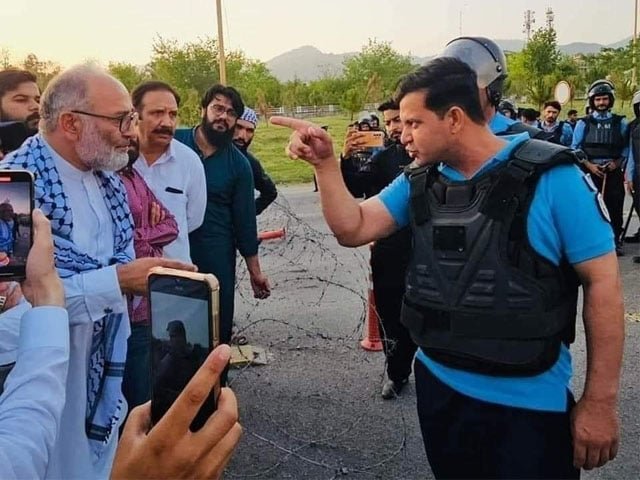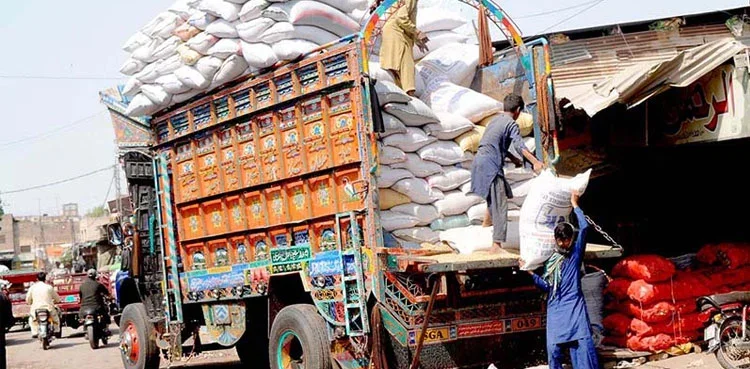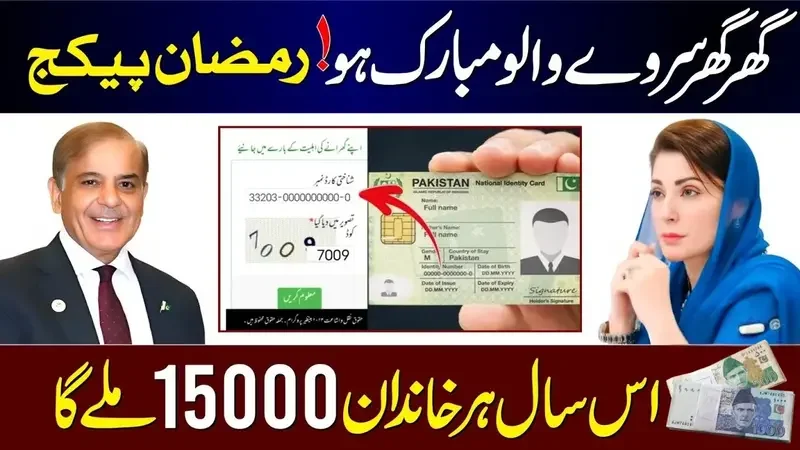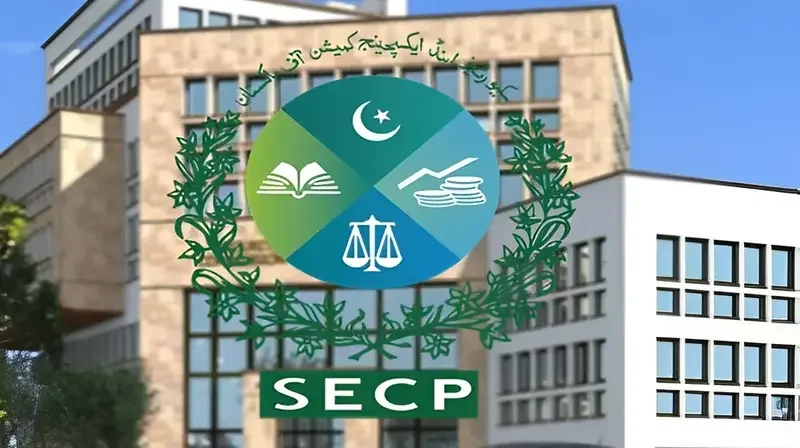In October 2023, as Israeli airstrikes devastated Gaza, the world witnessed an outpouring of public anger and grief. From major capitals to small towns, protests emerged demanding a ceasefire and justice for the Palestinian people. Pakistan, a vocal supporter of the Palestinian cause for decades, saw several such demonstrations. One particular protest in Islamabad stood out — not for its size or slogans, but because of who chose to stand among the crowd.
Mushtaq Ahmed Khan- Former Senator of Pakistan, representative of Jamaat-e-Islami Khyber Pakhtunkhwa, educationist, and social activist, joined a rally in Islamabad in open solidarity with Palestinians. He did so without official protocol, security detail, or fanfare. Wearing a traditional shalwar kameez and holding a Palestinian flag, he walked alongside citizens, activists, students, and families.
The demonstration, like many in the capital, was met with a heavy police presence. As the crowd moved towards the city's Red Zone, it was stopped by a cordon of law enforcement officials. Amid the stand-off, a police officer turned to Mushtaq Ahmed and, in a mocking tone, remarked:
“If you want to help Palestine, leave Islamabad and go to Gaza.”
Mushtaq Ahmed did not respond with anger. Instead, he calmly asserted the purpose of his presence:
“We are in Islamabad because we cannot go to Gaza. But we are still on the frontlines. Every voice here is a protest against injustice.”
This simple statement captured the essence of what many believe political leadership should represent — moral clarity and visible solidarity. In an environment where many politicians choose to engage in safe, symbolic gestures from behind desks or on social media, Mushtaq Ahmed’s decision to join a street protest was notable.
The words of police officer were meant as a sarcastic dismissal — an attempt to belittle his presence at the protest and imply that real change doesn’t come from street demonstrations. For many, such remarks would be easy to ignore. But Mushtaq Ahmed is not most people. Rather than brushing the comment aside, he took it as a challenge. More importantly, he took it seriously — and turned a moment of mockery into a bold, history-making act of moral courage.
Months after that rally, Mushtaq Ahmed joined the Global Sumud Flotilla — an international civilian mission attempting to break the Israeli naval blockade on Gaza and deliver urgent humanitarian aid. Leading the Pakistani delegation, he set out not for political gain, but for principled resistance.
The flotilla was loaded with essential supplies: medicine, food, and infant formula — desperately needed in Gaza amid the ongoing siege and humanitarian catastrophe. Participants were not militants or politicians seeking headlines. They were human rights defenders, activists, and volunteers, many of whom had no guarantee of safety.
Mushtaq Ahmed understood the risks. Israeli forces have a long history of intercepting such convoys, sometimes with deadly force. Yet he still boarded that ship — without armor, without weapons, but with a conviction that silence was no longer an option.
As the flotilla approached Gaza’s shores — still in international waters — it was intercepted by the Israeli navy. The ships were raided, and the passengers, including Mushtaq Ahmed, were forcibly detained. He was taken to Ketziot Prison, a notorious Israeli detention facility in the Negev Desert, usually reserved for Palestinians. His detention was illegal under international law. He was neither armed nor a combatant — only a civilian carrying aid and conscience.
But even in captivity, his message remained clear: the people of Palestine are not alone, and those who believe in justice will continue to speak up, show up, and stand firm — no matter the cost. He showed us that standing with Palestine isn’t about grand speeches — it’s about doing whatever we can, with sincerity and courage, no matter the scale.
Mushtaq Ahmed’s journey from Islamabad to Gaza is not just about geography — it's about moral consistency. When many politicians issue hollow statements of support, he demonstrated what real solidarity looks like. He matched words with deeds, even when the price was high.
He didn’t wait for public approval. He didn’t seek applause. He simply did what he believed was right — and that is what makes him different. This episode offers a powerful reminder: if you claim to stand with the oppressed, be ready to act, not just speak.
Islam teaches us to stand firm for justice, even if it goes against personal interest or power. Mushtaq Ahmed’s decision to support the oppressed people of Palestine — not just in words, but through real action — reflects this Islamic principle. His stance reminds Muslims that neutrality in the face of injustice is not an option.
Rather than staying in the safety of political office, he stepped into a dangerous mission, risking his freedom to support a humanitarian cause. This is a reminder that real leaders serve, they don’t seek privilege or praise. Mushtaq Ahmed fulfilled that responsibility not from behind a desk, but by standing with the people.
In Islam, hypocrisy is condemned — especially when there is a gap between speech and action. Mushtaq Ahmed lived up to his words, embodying the Islamic ideal of truthfulness (sidq). His journey shows that Muslims must strive for integrity: saying what is right, and doing what they say. Mushtaq Ahmed's actions reflect a deep sense of Ummah consciousness — caring for fellow Muslims beyond borders, politics, or personal cost.
The Prophet ﷺ said: “The believers are like one body; if one part hurts, the rest of the body feels the pain.” (Sahih Muslim)
In the face of injustice, even small actions carry weight. Mushtaq Ahmed reminds us that real support for Palestine means doing what we can — not just saying what we feel. Words may echo, but actions leave footprints. Like Mushtaq Ahmed, let us do what is within our reach for Palestine — because intention alone is not enough. Muslims are reminded to stay connected with the global struggles of the Ummah — to care, pray, advocate, and act where possible.
Mushtaq Ahmed’s story is not just political — it is spiritual. It teaches Muslims that living by Islamic values requires action, sacrifice, and courage. It reminds us that faith is not just a belief — it is a responsibility. That police officer’s sarcastic remark may have been intended to silence dissent, but it had the opposite effect. It sparked a chain of events that led a former senator of Pakistan straight into one of the most dangerous and restricted zones on earth — not with a weapon, but with faith, aid, and resolve. And in doing so, he reminded us all that true leadership is defined not by power or position, but by integrity, sacrifice, and action.
Like Mushtaq Ahmed, we must move beyond words and do whatever we can — however small — to stand with Palestine, for true solidarity lives in action, not just in speech.”





































